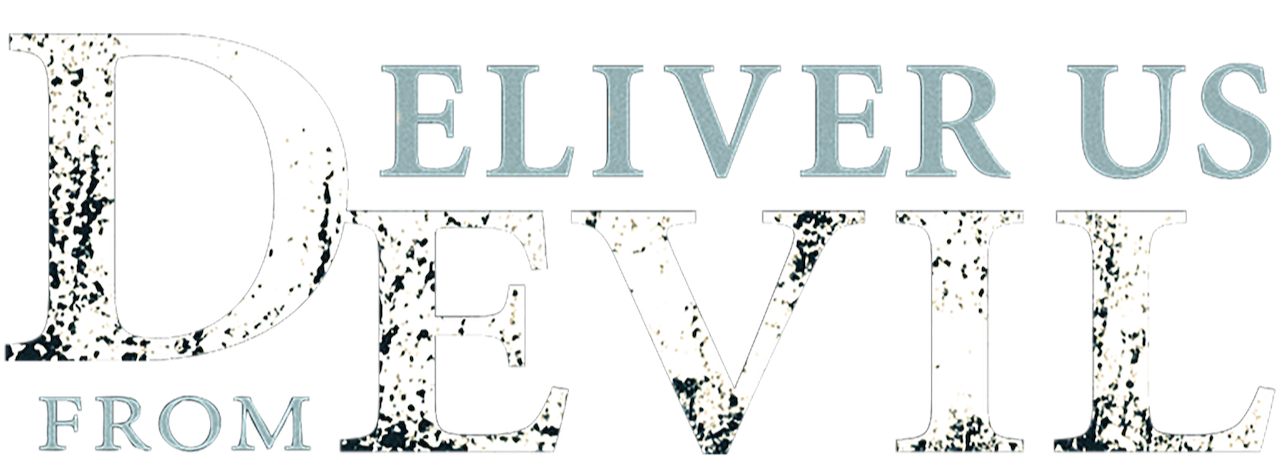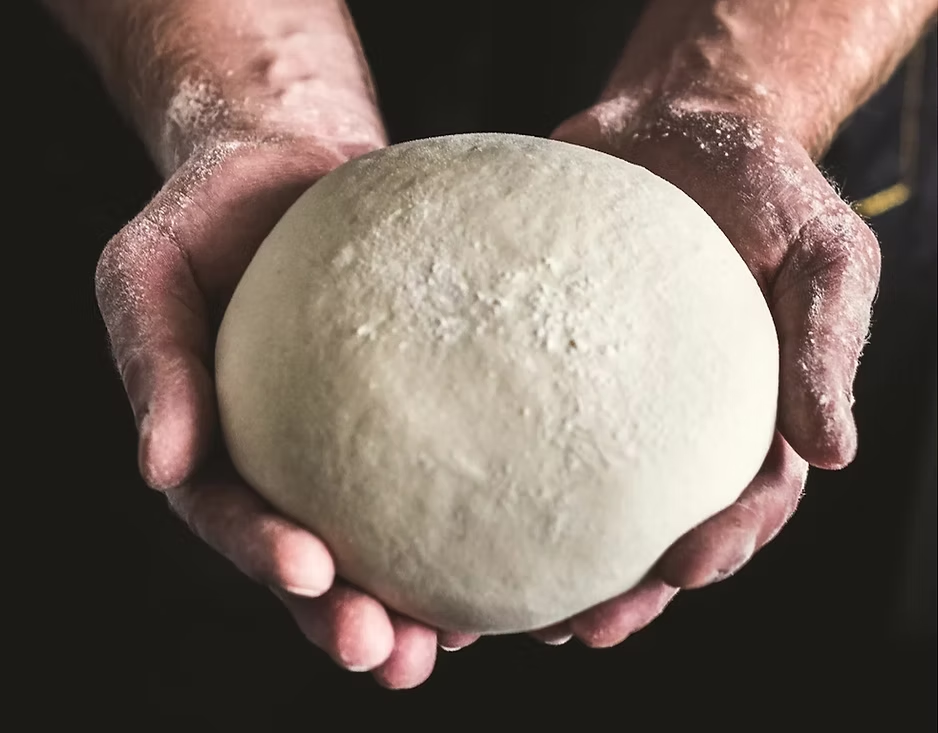PART 1: Mercy, Not Sacrifice (An Introduction)
Prolegomena: Before we dive into our main topic, here are two caveats…
- This new miniseries of posts expresses and expands on one sermon at The Meeting House – part 4 of our Origins series, called East of Eden. To hear that sermon, please go here.
- Some people use the word “religion” in a positive sense, the way Jesus uses the word “faith”. If you struggle with the pejorative use of the word “religion”, please see this post here.
Now let’s dive in!
When religious leaders asked why Jesus was befriending sinners and religious outsiders, Jesus responded:
It is not the healthy who need a doctor, but the sick. But go and learn what this means: ‘I desire mercy, not sacrifice.’ For I have not come to call the righteous, but sinners.”
~ Jesus (Matthew 9:12-13)
Jesus came, not for those who think they’ve got it all together, but for the rest of us who know we don’t. Wow, that’s good news. And if we really want to understand how that gets worked out in the real world, Jesus tells us where to look. To the religious leaders who repeatedly misunderstood, misinterpreted, and misapplied their own Scriptures, Jesus said: Go and learn what this means: ‘I desire mercy, not sacrifice.’
Jesus gives them, and us, some clear marching orders if we want to understand him and his good news better. Go back into the Bible, says Jesus, and focus your attention on figuring out the meaning of this one verse: Hosea 6:6. That’s what Jesus is quoting here. The full version reads:
For I desire mercy, not sacrifice, and acknowledgment of God rather than burnt offerings.
~ The Prophet Hosea (Hosea 6:6)
Religious sacrifice – that is, offering vegetation, animals, and even humans to God or the gods in order to get their attention, procure their blessing, and/or remove their wrath – was ubiquitous in ancient religions. It amounted to a kind of religious magic, where practitioners arrange the right elements (often blood) in the right ways (shed on a sacred altar and/or applied to sacred objects) to manipulate cosmic powers for their benefit.
This is one of many ways the God of the Bible stands out. He says: I don’t need or even want you to sacrifice stuff to me. I simply want your heart, your love, your partnership.
The word for “mercy” in Hosea 6:6 is the Hebrew word hesed, which means loyal love, faithful friendship, caring kindness. It is similar to the Greek word agape, meaning unconditional love. God wants a real, intimate, ongoing relationship with us more than the petitioning and pleading rituals of religion. In fact, where there is already love and trust, ritual sacrifice merely gets in the way. Sacrifice suggests that God is far away and assumes he is either mad and must be appeased or fickle and must be persuaded to bless us. That’s not a step towards but a step away from the intimacy God desires with us.
Notice God doesn’t say, “I desire mercy along with sacrifice, an acknowledgement of God along with burnt offerings.” He wants one and not the other, relationship rather than religion.
But if this is all true, then why in the Bible does God command so many sacrifices? I mean, have you read the book of Leviticus? The answer to this question lies in what scholars call “THE PRINCIPLE OF ACCOMMODATION” and in the history of sacrifice in the Bible, which we’ll get to in future posts in this series.
For now, we can at least lay down this firm foundation: ritualistic religion, including the sad practice of animal sacrifice, was never part of God’s ideal for the human-divine relationship.
King David was called “a man after God’s own heart” (1 Samuel 13:14; Acts 13:22). David had a particularly intimate relationship with God, one that pointed forward to Jesus who was called “the son of David” (Matthew 12:23; 21:9, 15; 22:42; etc.). And when praying to God, David says:
Sacrifice and offering you did not desire—
but my ears you have opened—
burnt offerings and sin offerings you did not require.
~ King David (Psalm 40:6)
God did not require, nor even desire, the religious ritual of animal sacrifice. The idea and impulse for the system of sacrifice came from somewhere else.
The author of the book of Hebrews paraphrases Psalm 40:6 and comments:
“Sacrifices and offerings, burnt offerings and sin offerings you did not desire, nor were you pleased with them”—though they were offered in accordance with the law.
(Hebrews 10:8)
Just to make sure we’re getting the point, the author of Hebrews reminds us that God was not pleased with the very sacrifices God himself was commanding. Let that sink in.
Again, David says in a recorded prayer:
You do not delight in sacrifice, or I would bring it;
you do not take pleasure in burnt offerings.
My sacrifice, O God, is a broken spirit;
a broken and contrite heart
you, God, will not despise.
~ King David (Psalm 51:16-17)
The real “sacrifice” that God desires is our hearts, not the blood of bulls and goats. (Along these same lines, also see Isaiah 1:1-20; 43:25; Jeremiah 7; Hosea 6:6; Micah 6:6-8; Amos 5:21-25.)
David knew this truth down to his bones. He had committed the sins of adultery and, indirectly, murder. And catch this: there is no sacrifice for these sins in the Torah. The Law of Moses prescribed sacrifices primarily for unintentional sins (see Leviticus 4-5) and some lesser intentional sins (Leviticus 6). But for the most serious sins like murder and adultery, the prescribed response was not sacrifice but the death penalty. If there was any hope for David to receive God’s forgiveness, religious sacrifice was not the way. For someone who committed the most serious of sins, their only hope was to cast themselves directly upon God’s mercy and to invite his forgiveness, apart from the religious system.
All of this raises loads of questions. Doesn’t God need blood in order to forgive sins? If not, why did God directly command blood sacrifice in the Old Testament? And what is the nature of Christ’s sacrifice on the cross?
My hope in this post has been to simply set the table for this series. We’ve begun to “go and learn” as Jesus instructed. In future posts, we’ll look at the principle of accommodation, the nature of the human religious impulse, the origin of sacrifice, and the way God enters and ends the entire system through Jesus.
I’m looking forward to your feedback, questions, and comments!
Peace.



